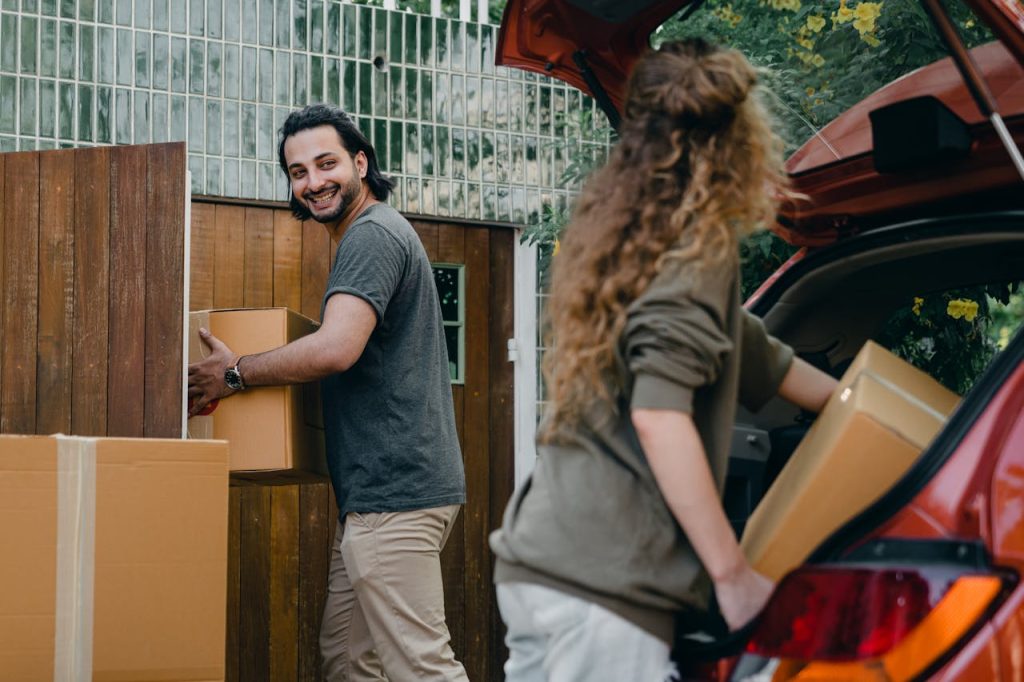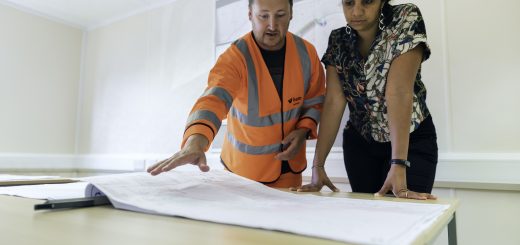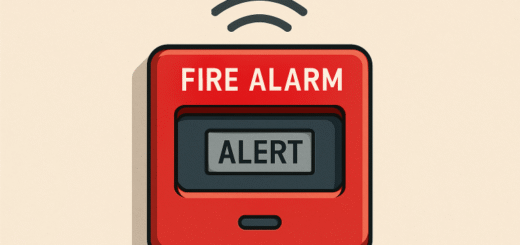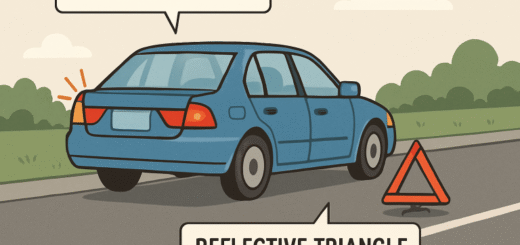Efficient Moving: Practical Tips for a Smooth Transition

Table of Contents
1. Planning Your Move
2. Creating a Budget-Friendly Moving Strategy
3. Packing Tips for Efficiency
4. Hiring Professional Movers
5. Understanding Moving Insurance
6. Dealing with Moving Day Stresses
7. Settling Into Your New Home
8. What to Consider Post-Move
Planning Your Move
Moving can be overwhelming, so create a checklist with a timeline and an inventory of items. Break tasks into weekly segments to stay organized. Online templates can help you get started. Enlisting the service of professional movers Greensboro, NC, can alleviate much of the physical burden, ensuring a smooth move with less hassle. Professional movers also frequently offer packing materials and knowledge, which saves time and effort. Remember to identify your boxes carefully to make unpacking in your new house more manageable.
Creating a Budget-Friendly Moving Strategy
Moving doesn’t have to be a bank; you can manage costs effectively with the right strategy. One effective way to save money is to plan your move during off-peak times. Mid-week or mid-month moving dates often result in lower rates because they are less popular times to move. The demand for movers significantly drops during these times, which can mean more flexibility in rates and scheduling. Additionally, purging unnecessary items before the move will reduce transportation costs and moving time, making your transition cost-efficient and stress-free.
Packing Tips for Efficiency
Packing is one of the most time-consuming aspects of moving. But mastering efficient packaging techniques can make all the difference. Start by classifying and rooming your possessions to minimize disruption on moving days and speed up unpacking. Invest in high-quality packing materials, such as robust boxes, packing tape, and bubble wrap, to safeguard your belongings. It’s also good. Large furniture should be disassembled and adequately packed to prevent damage. Labeling each box with its contents and the place it belongs in can save time and effort while organizing your new home.
Hiring Professional Movers
While a DIY move may initially seem appealing, the benefits of hiring professional movers can far outweigh the costs, especially for long-distance or complex relocations. Professionals streamline the moving process, providing the necessary equipment and workforce to handle large, fragile items. When selecting movers, it is crucial to confirm their credentials and trustworthiness through reviews and recommendations. Trusted services, like professional movers, provide experienced teams that can reduce potential mishaps, ensuring your possessions are handled with care and transported safely.
Understanding Moving Insurance
Insurance is an often overlooked yet crucial component of a successful move. Understanding the different types of coverage available is essential to protect your belongings in transit. Most moving companies offer released value protection at no additional cost, which covers a portion of your items’ value. Alternatively, complete value protection offers more comprehensive coverage, compensating you for the current market value of any lost or damaged items. It’s wise to assess the chosen moving company’s industries and consider purchasing additional coverage, especially for high-value items.
Dealing with Moving Day Stresses
Moving day doesn’t have to be as chaotic and stressful as you know it can be. Starting early is the first step to a great day. Place heavier items on the bottom of the moving truck and lighter ones on top to prevent damage. You can lessen the workload and ensure everything is completed on time by delegating tasks to friends or relatives. Throughout the day, keep essentials like water, snacks, and important documents handy to stay energized and organized.
Settling Into Your New Home
After the move, it’s time to settle into your new home and create a comfortable and familiar space. To avoid any inconvenience:
- Start by reconnecting utilities such as electricity and internet.
- Personalize your home by arranging furniture and décor to match your style and preferences.
- Take a few days to unpack thoroughly and organize your belongings.
By gradually setting up your space, you’ll ease into your environment without feeling rushed or overwhelmed.
What to Consider Post-Move
After unpacking the boxes, it’s time to initiate into your new community. Engage with your local area by exploring parks, shops, and other amenities. Introducing yourself to neighbors can help build relationships and foster a sense of belonging. Remember to keep your address private from necessary institutions to ensure you get all critical correspondence, like medical records or mail subscriptions. HGTV provides excellent tips on effectively integrating into your new neighborhood, allowing you to feel at home quickly.
















